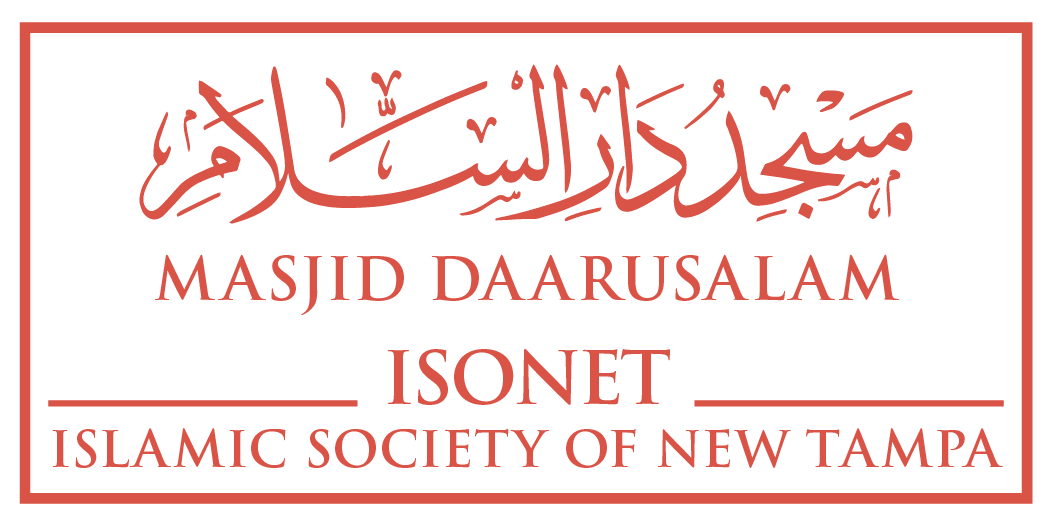By: Shakiel Humayun
Professor Hawkins, a tenured political science professor at Wheaton College, was suspended due to a Facebook post.
The professor’s post stated, “I stand in religious solidarity with Muslims because they, like me, a Christian, are people of the book. And as Pope Francis stated last week, we worship the same God.”
Her critics would like to insist that Muslims and Christians do not worship the same God because their beliefs about God are different. Their claim is that the Christians assert a trinity while the Muslims do not.
However, the Jews do not believe in a trinity either. To add to that, the Muslims believe that Jesus is the Messiah, like the Christians, while the Jews do not. Will the critics in the same breath say that the God of the Jews and Christians is not the same God?
The Quran, over 1400 years ago, has been promoting coexistence with the Christians by clearly professing that our God is one and the same despite the different theological interpretations of His attributes. The Quran states:
“And do not argue with the People of the Scripture except in a way that is best, except for those who commit injustice among them, and say, “We believe in that which has been revealed to us and revealed to you. And our God and your God is one; and we are those who submit to Him.” [Quran 29:46]
After negating the worship of idols, the Quran describes whom it is that is to be worshipped:
“Say, [O Muhammad], “O people, if you are in doubt as to my religion – then I do not worship those which you worship besides Allah; but I worship Allah, who takes your soul. And I have been commanded to be of the believers.” [Quran 10:104]
Our Creator, who takes our souls upon death, is the one who is to be worshipped. It is evident that both Christians and Muslims worship the One who takes our souls at death.
Differing on the attributes of a being does not mean that two different beings are spoken about. Some may consider a President to be wise while others may call him foolish. One may believe that he was born in America while others may believe he was not. Despite the different attributes and beliefs, we are talking about the same being- President Obama.
“Eloh” is found in the old testament while “Elah” is found in the new testament, both referring to God while having great similarity to the word “Allah”. “Allah” is also the term used in the Arabic bible. Thus, Genesis 1:1 in the Arabic bible as shown below reads: “In the beginning Allah created the heavens and the earth.”
Instead of insisting on the idea that the God of the Muslims and Christians is different, a more productive discussion where we all share our convictions would promote understanding. This important communication should be possible even though our interpretations may be different.
- See more at: http://www.shakielhumayun.com/same-god/#sthash.y54RvMCn.dpuf





















